How to Choose a Generator for Your Home
6 minute readHow to choose the right generator for your Texas home
Home > Blog > Are Solar Panels Worth It in Texas?
5 minute read • Last update July 2025
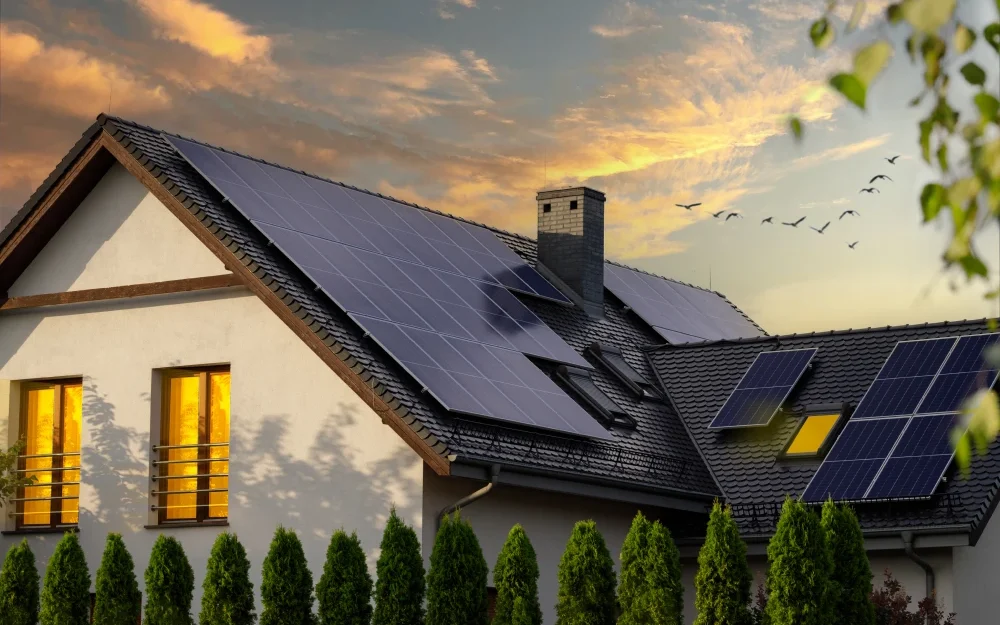
This article is for educational purposes only. BKV Energy does not offer solar buyback plans or plans specific to homeowners or renters with solar panels.
Yes, solar panels can be a great investment for Texas homeowners. You could save up to $1500 per year on your electric bill.
There are over 200 sunny or partly cloudy days per year in Texas, perfectly positioning the state for optimal solar generation. Rising energy costs and price decreases for solar panel installation also make the economics for residential solar energy more and more attractive to homeowners around Texas. Additionally, many energy providers in Texas offer lucrative buyback programs, further amplifying the financial advantages of adopting solar panels.
This homeowner’s guide to rooftop solar panels delves into the multifaceted benefits, costs, and broader impacts of adopting solar home energy.
As electricity prices continue to rise, the savings from solar panels become even more pronounced. Depending on local rates and consumption patterns, homeowners can save thousands over the lifespan of the panels.
The point at which the savings from solar panels equal the initial investment is known as the break-even point. For most homeowners, this is achieved within six to ten years post-installation.
Savings also depend on the type of solar panel installed because efficiency in energy generation varies.
Contemporary solar panels are designed with long-lasting durability in mind. Their robust construction ensures reliability and longevity. With minimal maintenance, they can efficiently produce electricity for 25-30 years, if not longer.
Depending on how many panels you have installed, Texas homeowners may spend between $10,000 to $25,000 before any tax incentives or rebates have been applied. The cost varies on a few factors:
Some homeowners shy away from using these devices because they mistakenly believe that solar panels are expensive. Although a substantial upfront investment is involved, the cost of solar panels has steadily decreased in the past decade. This decline can be attributed to advancements in technology and a growing demand in the market.
A homeowner’s guide to rooftop solar panels worth its merit knows choosing the right installation company is an important step. After all, the installation company can make a significant difference in the solar panel experience:
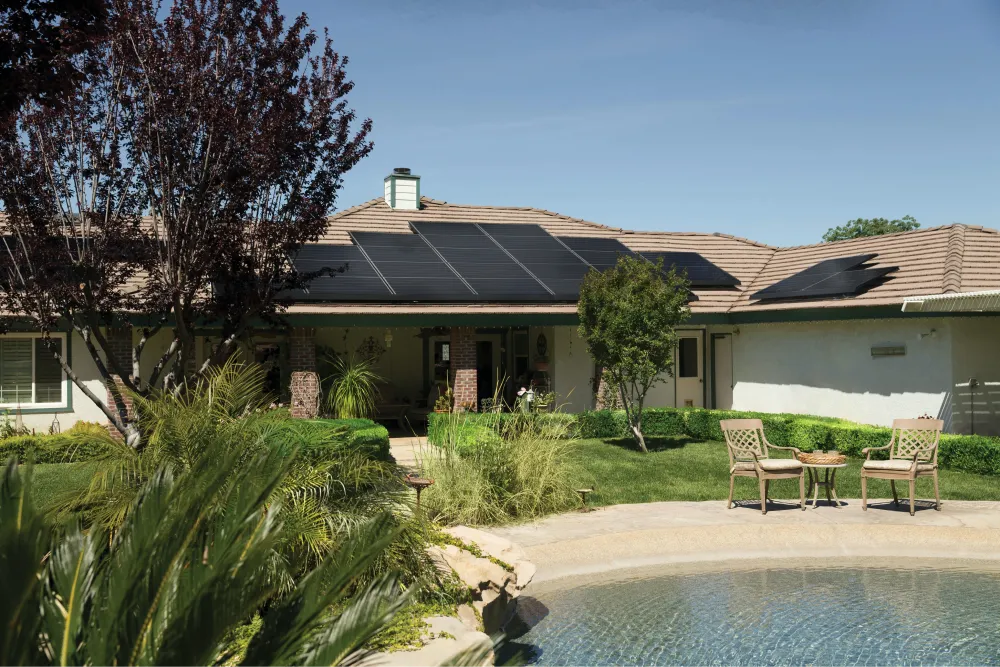
Solar energy works by capturing the sun’s rays and converting them into electricity or heat. This process involves solar panels, which are made up of photovoltaic (PV) cells. When sunlight hits these cells, it excites electrons in them, creating an electric current. This electricity can then be used to power homes, businesses, and other applications.
Additionally, solar energy can be harnessed for heating purposes using solar thermal systems, which absorb sunlight to heat a fluid that can then be used to produce steam and generate electricity or provide direct heating.
The underlying technology of solar panels is both intriguing and straightforward:
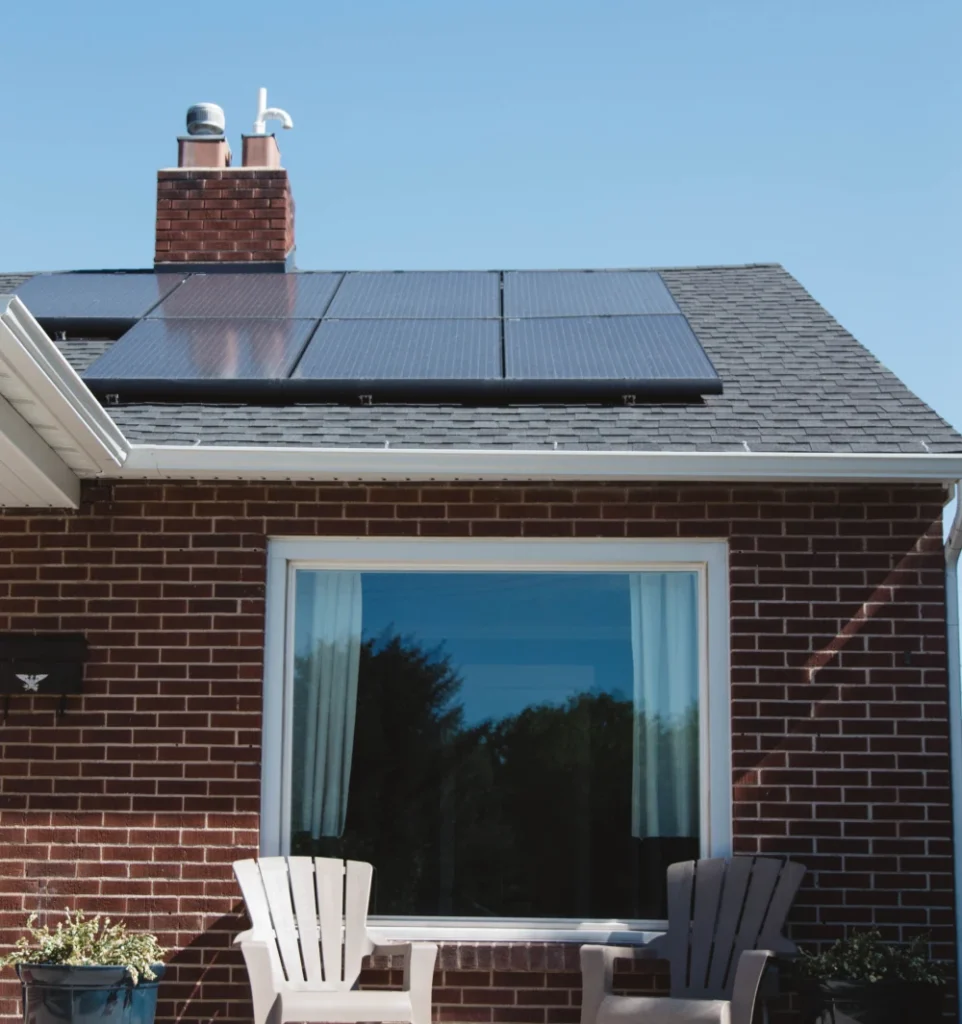
One of the most significant benefits of solar panels is their positive environmental impact. By producing clean energy, they reduce the carbon footprint of households, playing a pivotal role in combating global climate change.
Many homeowners are often curious: “Do solar panels save money?” The answer is a resounding yes. Over time, the reduction in electricity bills can be substantial, making the initial investment in solar panels worthwhile.
By installing solar panels, homeowners can produce their own electricity. This reduces dependence on the grid and insulates homeowners from fluctuating energy prices, providing a sense of energy security.
Real estate trends indicate that homes with solar installations are often valued higher than those without. For potential buyers, a solar system is seen as a valuable addition, reducing their future energy expenses.
Once installed, solar panels require minimal maintenance. They don’t have moving parts, which reduces the risk of breakdowns.
While solar panels can still generate power on cloudy days, their efficiency drops. They are dependent on sunlight to produce electricity.
To generate enough power, a significant amount of roof space or land might be needed, which might not be feasible for everyone.
While solar panels can produce electricity during the day, storing this energy for nighttime use requires batteries, which can be expensive.
Some homeowners might find solar panels unattractive or feel they detract from the aesthetic appeal of their homes.
While solar panels are environmentally friendly in operation, the manufacturing process does have an environmental footprint. Additionally, as panels reach the end of their life, there’s a need for sustainable disposal or recycling methods.
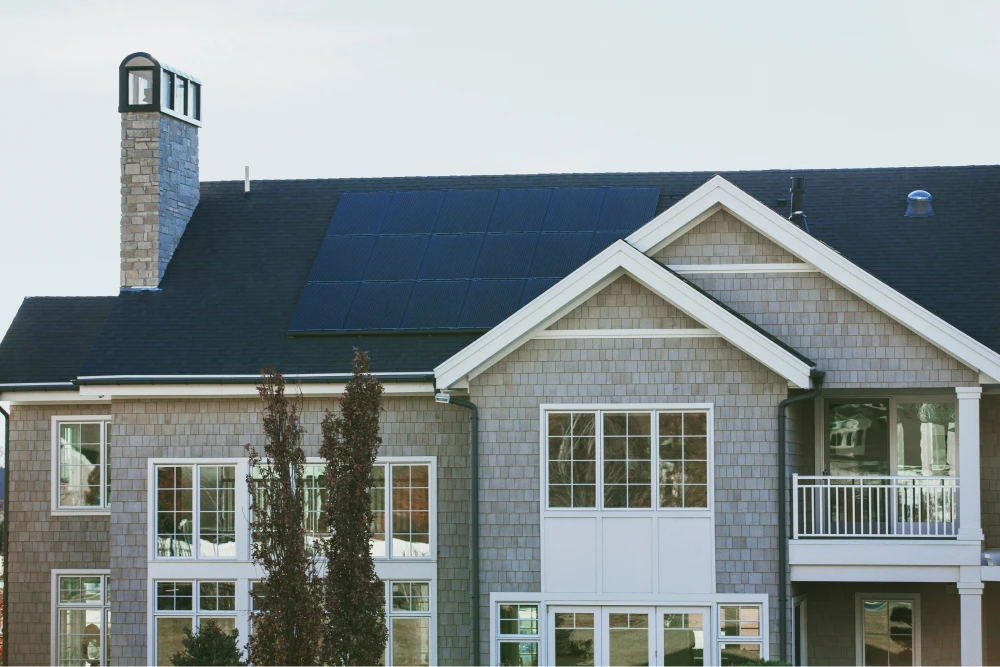
To promote renewable energy adoption, various incentives are available.
The Residential Clean Energy Credit is a significant incentive that allows U.S. homeowners to deduct a portion of their solar system’s cost from their federal taxes, reducing the net installation cost. Solar systems installed in 2020-2021 are eligible for a 26% tax credit. Systems installed in 2022-2023 are eligible for an increased tax credit of 30%. The 30% tax credit will last until 2033.
Claim the tax credit by filing Form 5695, Residential Energy Credits with your tax return.
The state of Texas doesn’t directly provide a tax credit or rebate to homeowners that install solar panels, but there are several programs available within the state that can be taken advantage of to reduce the costs.
For homeowners producing excess electricity, solar buyback plans are a lucrative option:
Graham Lumley, Digital Marketing Manager at BKV Energy, leads digital and traditional marketing strategies, focusing on educating Texans about the state's deregulated energy market. With over 8 years of marketing experience, he creates content to help consumers understand and save on their energy bills, bringing a fresh and dynamic approach to the industry.
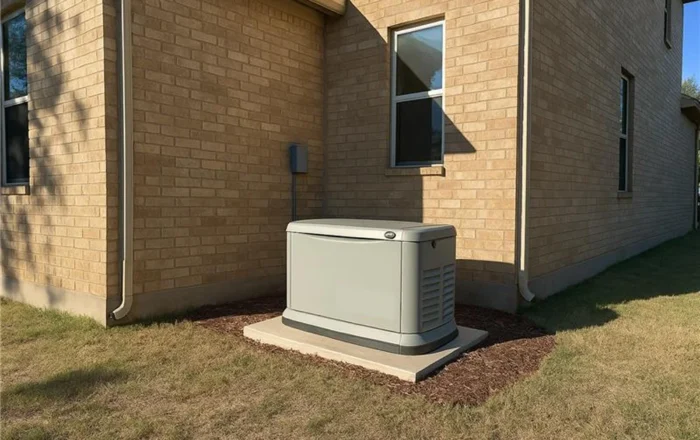
How to choose the right generator for your Texas home
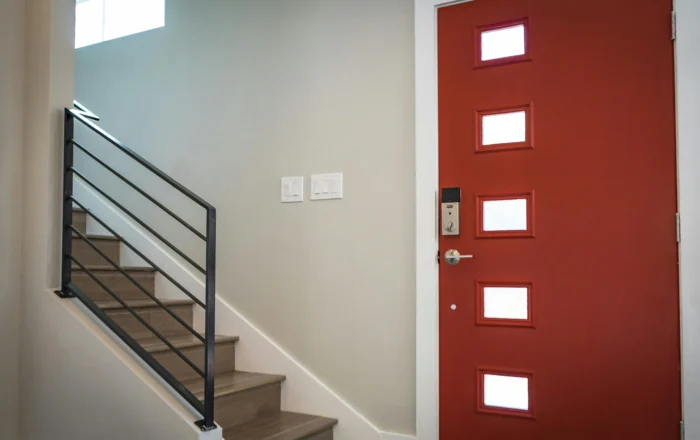
Energy Saving Tips Home Improvement
Choosing the right energy-efficient door can help Texas homeowners reduce cooling costs and improve home comfort year-round.
Get $50 off your electric bill!
Use code BKVEJOINUS50
Enter your zip code to shop BKV Energy's affordable, fixed-rate Texas electricity plans. Use the promo code for $50 off your electric bill.